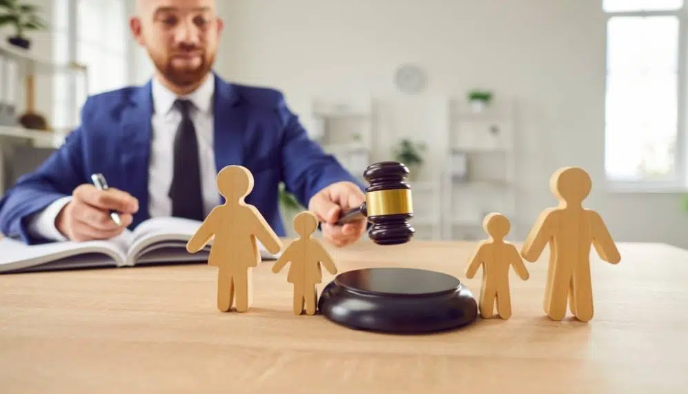The moment a police officer asks you to take a breathalyzer test during a DUI stop can be confusing and stressful. You may be unsure of your rights and what to do. While it might seem logical to refuse the test to avoid providing evidence, the legal consequences in California are severe and can complicate your situation significantly.
In California, refusing a breathalyzer or other chemical test is a separate offense from the DUI itself. Understanding the state’s implied consent law and the penalties for refusal is a critical step in a DUI case.
The Implied Consent Law in California
The foundation of the consequences for refusing a breathalyzer lies in California’s Implied Consent Law, which every driver agrees to by simply getting behind the wheel.
What Implied Consent Means
By driving a vehicle in the state of California, you have already legally consented to a chemical test of your blood, breath, or urine if you are lawfully arrested for a DUI. This consent is automatic and does not need to be given again at the time of the stop. Refusing the test is a violation of this consent.
The Legal Obligation to Comply
You are legally obligated to comply with the officer’s request for a chemical test. A refusal is not seen as an exercise of your rights but as a failure to comply with a legal obligation, which carries its own set of administrative and criminal penalties.
Immediate and Administrative Consequences
The most immediate consequence of a breathalyzer refusal is an automatic penalty from the California Department of Motor Vehicles (DMV), regardless of the outcome of your criminal case.
Automatic License Suspension
For a first-time DUI offense where you refuse a chemical test, your driver’s license will be automatically suspended for one year. This is a longer suspension than a typical first-offense DUI conviction. Critically, during this one-year period, you are not eligible for a restricted license, which means you cannot drive at all for any purpose.
The DMV Hearing
You have the right to challenge this suspension in a DMV Administrative Per Se (APS) hearing. However, at this hearing, the DMV’s sole focus is on three facts: whether the officer had a reasonable belief you were driving under the influence, whether you were lawfully arrested, and whether you refused a chemical test. If the DMV finds you did refuse, your license will be suspended.
Criminal Penalties and Enhancements
Refusing a breathalyzer doesn’t just lead to an administrative penalty; it can also make your criminal case much more difficult to defend.
A Separate Criminal Offense
Refusal is considered a separate criminal offense that is added to your DUI charge. This gives the prosecutor another charge to use against you, making it more challenging to negotiate a plea bargain.
Enhanced Sentencing
In a criminal court, a refusal to submit to a chemical test can significantly enhance the penalties you face. Even if a jury finds you guilty of the underlying DUI, a refusal can lead to a longer jail sentence, more expensive fines, and mandatory enrollment in a longer DUI school program.
Common Misconceptions to Avoid
Many people have misconceptions about refusing a breathalyzer test. It’s important to understand the reality of the situation.
“Refusing a Test Protects You”
This is a dangerous myth. Refusing a test does not make the DUI go away. A police officer can still use other evidence, such as your driving behavior, performance on field sobriety tests, and physical appearance, to establish probable cause for your arrest.
“Refusing a Breathalyzer Is Better Than a Blood Test”
Once you refuse a breath test, the officer can legally require you to submit to a blood or urine test. The refusal itself is an offense, and you may face a more aggressive response from law enforcement.
Conclusion: Your Best Step is Legal Counsel
Refusing a breathalyzer in California is not a strategic move. It is a decision that leads to severe administrative penalties and can complicate your criminal case, potentially leading to a harsher sentence. If you are facing a DUI charge, your most important step is to consult with an experienced California DUI attorney as soon as possible to understand your rights and options.



